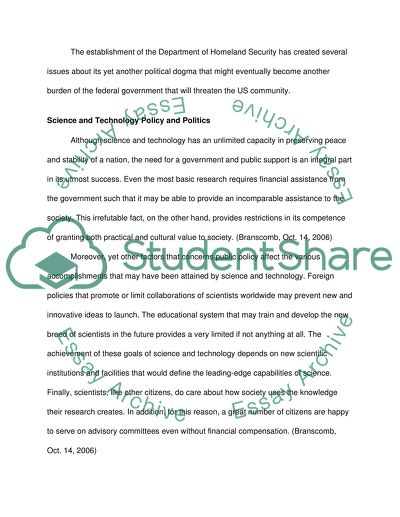Cite this document
(“Department of Homeland Security, and Science and Technology Policy and Essay”, n.d.)
Retrieved from https://studentshare.org/miscellaneous/1507291-department-of-homeland-security-and-science-and-technology-policy-and-politics
Retrieved from https://studentshare.org/miscellaneous/1507291-department-of-homeland-security-and-science-and-technology-policy-and-politics
(Department of Homeland Security, and Science and Technology Policy and Essay)
https://studentshare.org/miscellaneous/1507291-department-of-homeland-security-and-science-and-technology-policy-and-politics.
https://studentshare.org/miscellaneous/1507291-department-of-homeland-security-and-science-and-technology-policy-and-politics.
“Department of Homeland Security, and Science and Technology Policy and Essay”, n.d. https://studentshare.org/miscellaneous/1507291-department-of-homeland-security-and-science-and-technology-policy-and-politics.


